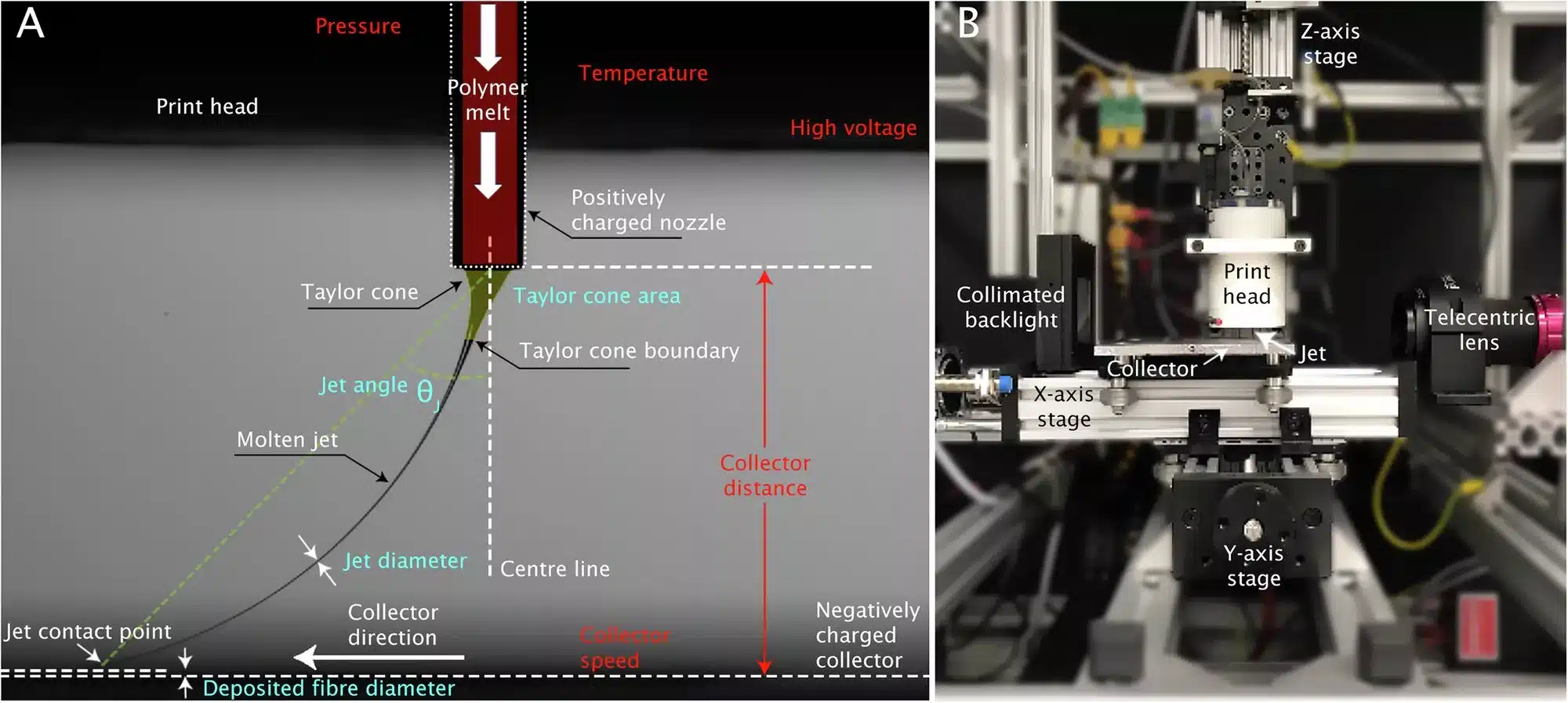Uma revisão sistemática rápida (rapid review methodology), produzida por meio de uma ação colaborativa entre o Núcleos de Avaliação de Tecnologias em Saúde do Hospital Moinhos de Vento (NATS-HMV) e do Hospital Sírio-Libanês (NATS-HSL), e a Unidade de Avaliação de Tecnologias em Saúde do Hospital Alemão Oswaldo Cruz (UATS-HAOC), avaliou a eficácia da associação hidroxicloroquina/cloroquina com azitromicina para pacientes com COVID-19.
Contexto
Publicações recentes têm chamado a atenção para o possível benefício da associação hidroxicloroquina/cloroquina e azitromicina no tratamento de pacientes infectados pelo novo coronavírus (SARS-CoV-2).
Objetivos
Identificar, avaliar sistematicamente e sumarizar as melhores evidências científicas disponíveis sobre a eficácia e a segurança da associação hidroxicloroquina/cloroquina e azitromicina para COVID-19.
Métodos
Revisão sistemática rápida com buscas em 28 de abril de 2020.
Resultados
Após o processo de seleção, foram identificados 11 estudos e 13 protocolos de ensaios clínicos em andamento. O benefício documentado da associação hidroxicloroquina/cloroquina e azitromicina ainda é bastante limitado.
Conclusões
A revisão sistemática rápida identificou 11 ensaios clínicos com dados disponíveis e 13 protocolos registrados em andamento que se propõem a avaliar os efeitos da hidroxicloroquina/cloroquina associada a azitromicina no paciente com COVID-19. Até o momento, a eficácia e a segurança dessa intervenção para pacientes com infecção por SARS-CoV-2 ainda são consideradas incertas. Sugere-se cautela no uso dessa associação, pois pode haver um aumento do risco de complicações cardíacas.
Fonte
- Stein C, Falavigna M, Pagano CGM, Gräf DD, Matuoka JY, Oliveira Jr HA, Medeiros FC, Brito GV, Marra LP, Parreira PCL, Bagattini AM, Pachito DV, Riera R, Colpani V. Associação hidroxicloroquina/cloroquina e azitromicina para COVID-19. Revisão sistemática rápida. Disponível em: https://oxfordbrazilebm.com/index.php/2020/05/18/associacao-hidroxicloroquina-cloroquina-e-azitromicina-para-covid-19-revisao-sistematica-rapida/. Acessado em 20 de maio de 2020.
Referências
- Zhai P, Ding Y, Wu X, Long J, Zhong Y, Li Y. The epidemiology, diagnosis and treatment of COVID-19. International journal of antimicrobial agents. 2020:105955.
- Zhu N, Zhang D, Wang W, et al. A Novel Coronavirus from Patients with Pneumonia in China, 2019. N Engl J Med. 2020;382(8):727-733.
- Juurlink DN. Safety considerations with chloroquine, hydroxychloroquine and azithromycin in the management of SARS-CoV-2 infection. CMAJ. 2020.
- Gautret P, Lagier JC, Parola P, et al. Hydroxychloroquine and azithromycin as a treatment of COVID-19: results of an open-label non-randomized clinical trial. International journal of antimicrobial agents. 2020:105949.
- Li C, Zu S, Deng YQ, et al. Azithromycin Protects against Zika virus Infection by Upregulating virus-induced Type I and III Interferon Responses. Antimicrob Agents Chemother. 2019.
- Higgins Jpt TJCJCMLTPMJWVA. Cochrane Handbook for Systematic Reviews of Interventions version 6.0 (updated July 2019). 2019. Accessed 04/05, 2020.
- Sterne JA, Hernan MA, Reeves BC, et al. ROBINS-I: a tool for assessing risk of bias in non-randomised studies of interventions. BMJ. 2016;355:i4919.
- Institute TJB. The Joanna Briggs Institute Critical Appraisal tools for use in JBI Systematic Reviews Checklist for Case Series. 2017. Accessed 04/05, 2020.
- Guyatt GH, Oxman AD, Vist GE, et al. GRADE: an emerging consensus on rating quality of evidence and strength of recommendations. BMJ. 2008;336(7650):924-926.
- Early Description of Coronavirus 2019 Disease in Kidney Transplant Recipients in New York. Journal of the American Society of Nephrology : JASN. 2020.
- Lane, al. e. Safety of hydroxychloroquine, alone and in combination with azithromycin, in light of rapid wide-spread use for COVID-19: a multinational, network cohort and self-controlled case series study. 2020. Accessed 01/05, 2020.
- Ramireddy, al.; e. Experience with Hydroxychloroquine and Azithromycin in the COVID-19 Pandemic: Implications for QT Interval Monitoring. 2020. Accessed 01/05, 2020.
- Borba MGS, Val FFA, Sampaio VS, et al. Effect of High vs Low Doses of Chloroquine Diphosphate as Adjunctive Therapy for Patients Hospitalized With Severe Acute Respiratory Syndrome Coronavirus 2 (SARS-CoV-2) Infection: A Randomized Clinical Trial. JAMA network open. 2020;3(4):e208857.
- Chang D, Saleh M, Gabriels J, et al. Inpatient Use of Ambulatory Telemetry Monitors for COVID-19 Patients Treated with Hydroxychloroquine and/or Azithromycin. Journal of the American College of Cardiology. 2020.
- Chorin E. et al. The QT Interval in Patients with SARS-CoV-2 Infection Treated with Hydroxychloroquine/Azithromycin. 2020. Accessed 01/05, 2020.
- Gabriels J, Saleh M, Chang D, Epstein LM. Inpatient use of mobile continuous telemetry for COVID-19 patients treated with hydroxychloroquine and azithromycin. HeartRhythm Case Reports. 2020.
- Gautret P, Lagier JC, Parola P, et al. Clinical and microbiological effect of a combinationof hydroxychloroquine and azithromycin in 80 COVID-19 patients with at least a six-day follow up: A pilot observational study. Travel medicine and infectious disease. 2020:101663.
- Million Mea. Early treatment of COVID-19 patients with hydroxychloroquine and azithromycin: A retrospective analysis of 1061 cases in Marseille, France. Travel medicine and infectious disease. 2020.
- Molina JM, Delaugerre C, Le Goff J, et al. No evidence of rapid antiviral clearance or clinical benefit with the combinationof hydroxychloroquine and azithromycin in patients with severe COVID-19 infection. Medecine et maladies infectieuses. 2020.
- Colson P, Rolain JM, Raoult D. Chloroquine for the 2019 novel coronavirus SARS-CoV-2. International Journal of Antimicrobial Agents. 2020;55(3).
- Kim Y, Kwon O, Paek JH, et al. Two distinct cases with COVID-19 in kidney transplant recipients. American journal of transplantation : official journal of the American Society of Transplantation and the American Society of Transplant Surgeons. 2020.
- Mitra RL, Greenstein SA, Epstein LM. An algorithm for managing QT prolongation in coronavirus disease 2019 (COVID-19) patients treated with either chloroquine or hydroxychloroquine in conjunction with azithromycin: Possible benefits of intravenous lidocaine. HeartRhythm Case Reports. 2020.
- Pereira MR, Mohan S, Cohen DJ, et al. COVID-19 in Solid Organ Transplant Recipients: Initial Report from the US Epicenter. American journal of transplantation : official journal of the American Society of Transplantation and the American Society of Transplant Surgeons. 2020.
- Sarayani A, Cicali B, Henriksen CH, Brown JD. Safety signals for QT prolongation or Torsades de Pointes associated with azithromycin with or without chloroquine or hydroxychloroquine. Research in social & administrative pharmacy : RSAP. 2020.





